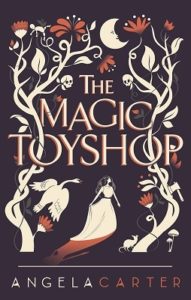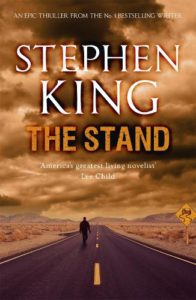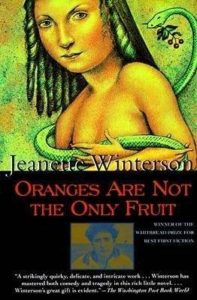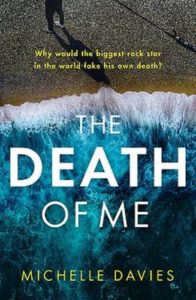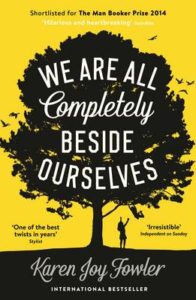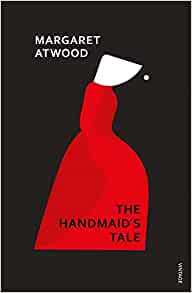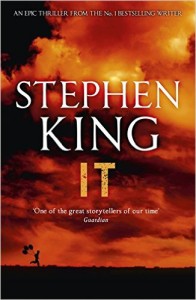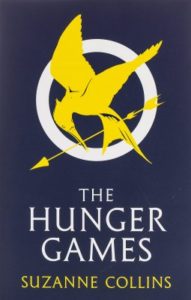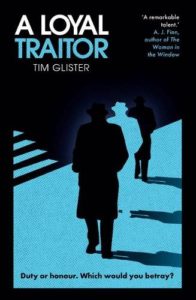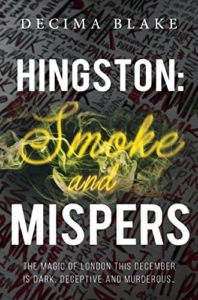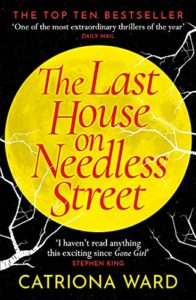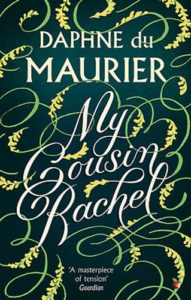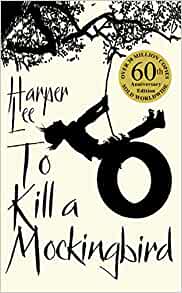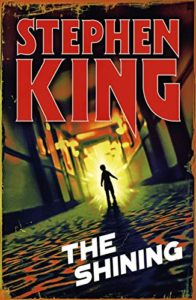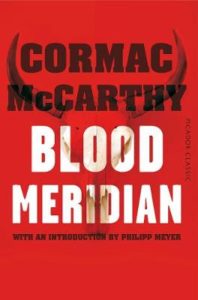Welcome to Decades, an ongoing quest to assemble the Ultimate Library filled with books that were recommended by booklovers.
It began back in January 2021 when I asked the question: If you had to fill a brand new library with nothing but the best books ever written, which books would you put on the shelves? I realised I could not possibly answer that question on my own so each week I am joined by a bookloving guest (authors, publishers, journalists and bloggers) and I ask them to help me put great books into my Decades Library.
Why do I call it my Decades Library? Well each guest has to follow two simple rules when nominating books to go into the Library:
Rule 1 – Pick Any Five Books
Rule 2 – You May Only Select One Book Per Decade From Any Five Consecutive Decades
The Decades Library does exist as a Bookshop.Org shop so if you fancy seeing which books have been selected in the past you can click through this handy link: https://uk.bookshop.org/lists/grab-this-book-the-decades-library
 This week it is my pleasure to welcome Quentin Bates to the Decades Library. I first became aware of Quentin’s work through his association with Orenda Books and have read several of the novels he has translated for them, most recently Cold As Hell by Lilja Sigurdardottir. But I have also been picking up some of his own novels which I also highly recommend. https://www.amazon.co.uk/Quentin-Bates/e/B004JZ8EZA?ref=sr_ntt_srch_lnk_3&qid=1644531511&sr=1-3
This week it is my pleasure to welcome Quentin Bates to the Decades Library. I first became aware of Quentin’s work through his association with Orenda Books and have read several of the novels he has translated for them, most recently Cold As Hell by Lilja Sigurdardottir. But I have also been picking up some of his own novels which I also highly recommend. https://www.amazon.co.uk/Quentin-Bates/e/B004JZ8EZA?ref=sr_ntt_srch_lnk_3&qid=1644531511&sr=1-3
Time to hand over to Quentin…
Best known as the translator of some of Iceland’s smartest and coolest authors*, Quentin Bates has also written a few books of his own, and with a bit of luck there might be a few more to come.
If you really need to know more, his website is at www.graskeggur.is, and he’s on social media as gráskeggur.
*Lilja Sigurðardóttir, Einar Kárason, Sólveig Pálsdóttir, Óskar Guðmundsson, Guðlaugur Arason, and more to come
DECADES
Just to be awkward, I’d like to take these in reverse order, stepping back in time a decade at a time…
 2000s
2000s
Mýrin by Arnaldur Indriðason
This one was published in Icelandic in 2000, and it was a few years before it appeared in English as Jar City. This was Arnaldur’s breakout book, the one that made him an international name. I’m fairly sure I read this one in Icelandic first and was struck by how much of a leap it was compared to his previous books. It brings together a wonderful Nordic darkness with the backdrop of the seedy side of Reykjavík, and fine interplay between the very different characters of Erlendur and his colleagues Sigurður Óli and Elínborg.
This one absolutely led the way, demonstrating that this lump of volcanic North Atlantic rock could be the backdrop for outstanding crime fiction, with all of the elements adding up to something much more than the sum of their parts. It’s also a great movie and it’s a mystery why Erlendur hasn’t made more appearances on the screen.
 1990s
1990s
Dead Horsemeat, by Dominique Manotti
I found one of Dominique Manotti’s books more or less by chance, devoured it almost immediately, and then did the same with all the rest that were available in English.
These are books that not only didn’t shy away from taking on tough themes before they became controversial, they positively grabbed them by the horns and were way ahead of their time.
Thirty years after they were published, this is still razor sharp stuff, some of the sharpest, smartest crime fiction with a strong political edge. These are another mystery. One of Dominique’s books won an International Dagger (Lorraine Connection, in 2008) and Dead Horsemeat (originally published in French in 1997) was shortlisted in 2006. So these books are clearly held in high regard, so why aren’t they better known?
 1980s
1980s
Earthly Powers, by Anthony Burgess
I’ve just noticed that this is the only one of my five that isn’t a translation… The 1980s were when I was a seaman, and hefty books were just what was needed for long spells at sea. All the same, this vast (650 page) tale, spanning six decades, just flew past.
Anthony Burgess seems to have dropped out of fashion, but he’s very much worth discovering. The prose sparkles with wit, erudition and wordplay, deftly told, and Earthly Powers has one of the most brilliant opening paragraphs there is.
 1970s
1970s
The Flounder, by Günter Grass
OK, it shouldn’t be called The Flounder, as the magical fish in question is actually a turbot, but The Flounder is a better title. This is a substantial book, and this one spans centuries rather than just a few decades, telling in terms of magic, gastronomy, politics and social upheaval the story of chunk of the Baltic coast, a part of the world that has been subject to more or less constant upheaval for as long as humans have lived there. It’s a complex and engrossing tale, or set of stories within a story, with many voices and a huge cast of characters, in addition to the those of the fisherman and his wife, and peppered with food, sex, joy and tragedy all the way through.
 1960s
1960s
Asterix in Britain, by Goscinny and Uderzo
This was a birthday present when I was just starting to read. It was like a comic, but it was so much cooler and cleverer than the Beezer, and it opened up a whole new world. Of all the Asterix books, this one remains a favourite, poking gentle and affectionate Gallic fun at the Rosbifs across the Channel with their passions for boiled food and warm beer, the fact that it’s always raining (except when it’s foggy), and the ancient Britons carrying around with them portable roofs to stop the sky from falling on their heads.
Of course, I didn’t appreciate this when this arrived on my eighth birthday, but the first Asterix books were translated by Derek Hockridge and the extraordinary Anthea Bell, who brought to the translation a neatly humorous light touch that I suspect may equal (or even surpass…?) the original. The jokes and puns have to be theirs – as these are notoriously untranslatable – and the names… Calling the pub landlord Dipsomaniax is just a stroke of brilliance.
One of the things I love most about sharing the Decades selections each week is that it helps readers find new books to love. I don’t know if may of us will know all five of these selections but I have been investigating already and I am definitely going to be seeking out Jar City and getting it into my TBR.
What really made my heart sing though was seeing Asterix gain a place in the Library. My own childhood was a series of weekly trips to the village library where I would always take out an Asterix or Tintin book to include in my reading. Huge thanks to Quentin for the wonderful mix of old and new.
DECADES WILL RETURN
 Ingrid will never forget what John did.
Ingrid will never forget what John did.


